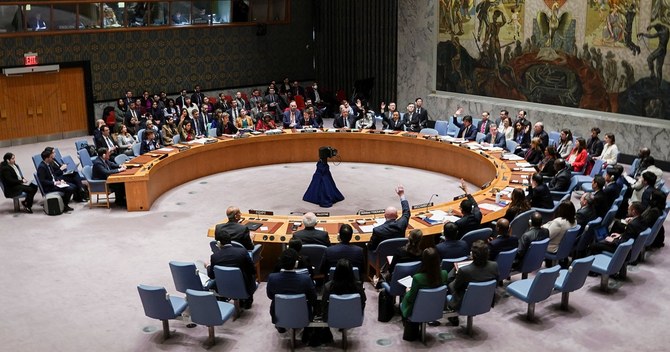
The main UN aid agency in Gaza says Israel has failed to meet a US deadline to boost aid to the territory or risk a reduction in American military aid.
Last month, in a strongly worded letter, the US secretary of state gave Israel an ultimatum of 30 days to ensure more aid trucks reached Gaza daily. The deadline expires on Tuesday.
The amount of aid getting into Gaza is at its lowest level in a year, the UN says. A UN-backed report recently warned that there was an imminent likelihood of famine in northern Gaza, where hardly any aid has entered in the past month.
Israel says it has substantially increased the amount of aid getting into Gaza, and accuses aid agencies of failing to adequately distribute it.
In his letter on 13 October, US Secretary of State Antony Blinken said Israel needed to allow a minimum of 350 lorries a day into Gaza, every day, by 12 November.
But when asked if Israel had done enough since then to meet America’s demands, Louise Wateridge, Senior Emergency Coordinator there for the UN agency for Palestinian refugees (Unrwa), bluntly said “No”.
“There is not enough aid here. There are not enough supplies,” she told the BBC from Unrwa"s base in central Gaza.
“People are starving in some areas. People are very hungry. They are fighting over bags of flour. There are just not enough supplies.”
In footage filmed for the BBC by a local journalist in Gaza at one of the few remaining bakeries in the centre of the strip, a stream of hot puffed-up pitas roll out of an oven on a conveyor belt.
Through a small square window, hands desperately grasp at the bags of bread as money is handed over.
Like all food, the price of bread has increased dramatically over the past year.
Outside the bakery, hundreds of packed people scramble to get their hands on the bread.
Among them is grandmother, Aida al-Horan, who has also been picking up soup.
“If it were not for the soup kitchen, we would have starved to death," Aida says.
“Every day it’s the same struggle. I go back and forth to the soup kitchen.”
But over the past month, Israel has met America’s request to open up more crossings into Gaza.
Cogat – the Israeli military body responsible for humanitarian affairs in the Gaza Strip – announced on Tuesday morning that it had opened a new crossing, Kissufim, towards the south.
A spokesman for Cogat told the BBC that “most aspects [of Blinken’s demands] have been met and those which have not are being discussed, [and] some US demands are for issues that were being resolved already”.
At Zikim, on the Israeli side of the strip’s northern border, I get as close as I’ve been to Gaza in more than 10 years.
But throughout this war, Israel has not allowed international journalists unrestricted access to Gaza.
Zikim is one of a number of crossings which have been reopened by Israel in recent weeks.
At a photocall on Monday, arranged by Israel’s military, a day before the US deadline, I and other journalists were invited to film around eight aid trucks passing into Gaza.
They were laden with sacks of flour, rice and toilet paper, among other things.
So, aid is getting into Gaza.
But nowhere near enough.
Bar chart showing level of food entering Gaza
The United Nations Office for the Coordination of Humanitarian Affairs (Ocha) says, over the past, month the average number of trucks getting into the strip is just over 40 trucks per day.
Israel disputes Ocha"s figures and blames the UN for failing to deliver aid.
It says hundreds of pallets of supplies are waiting to be picked up by aid agencies on the Gaza side of the border and says some aid trucks are being looted by armed men.
The UN rejects that.
It says it is Israel’s responsibility as the occupying power to facilitate the safe passage of aid inside Gaza.
It stresses that it cannot distribute aid if Israel’s military operations mean it is too dangerous.
For more than a year Israel has crossed most of America’s red lines.
Much of the death and destruction was caused by US weapons, given to Israel in order the help the fight against Hamas after the 7 October 2023, attack.
But in the dying days of the Biden Presidency and with more than 43,000 Palestinian lives lost, it’s unlikely the White House will put its foot down and cut off arms supplies. — BBC












